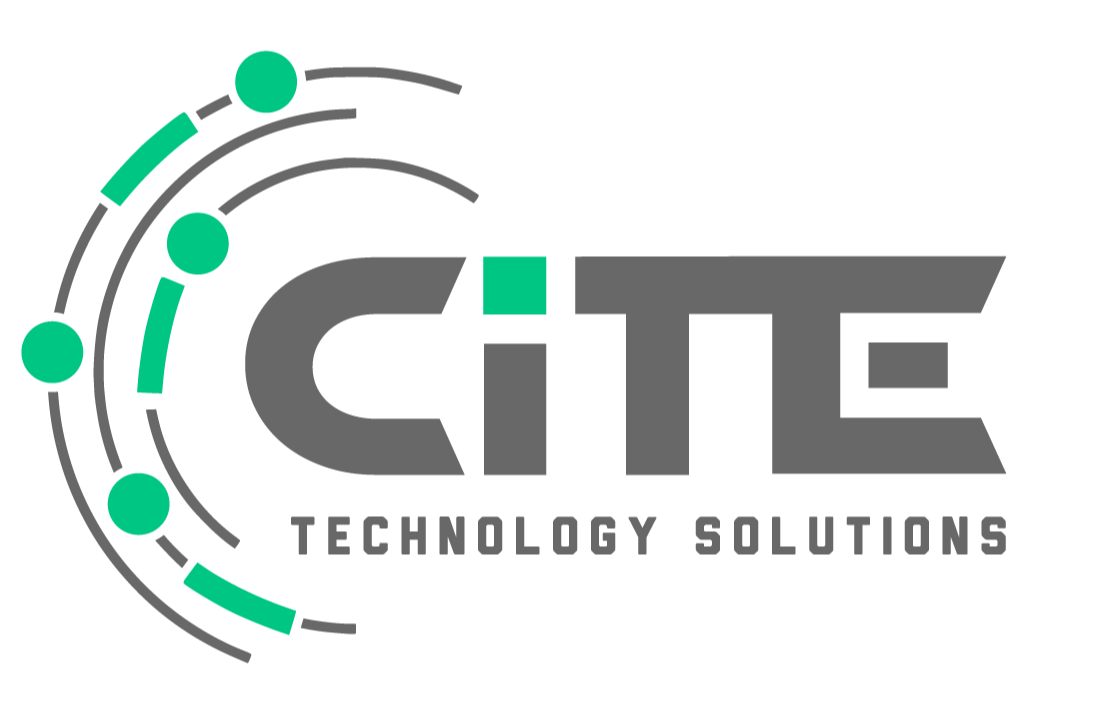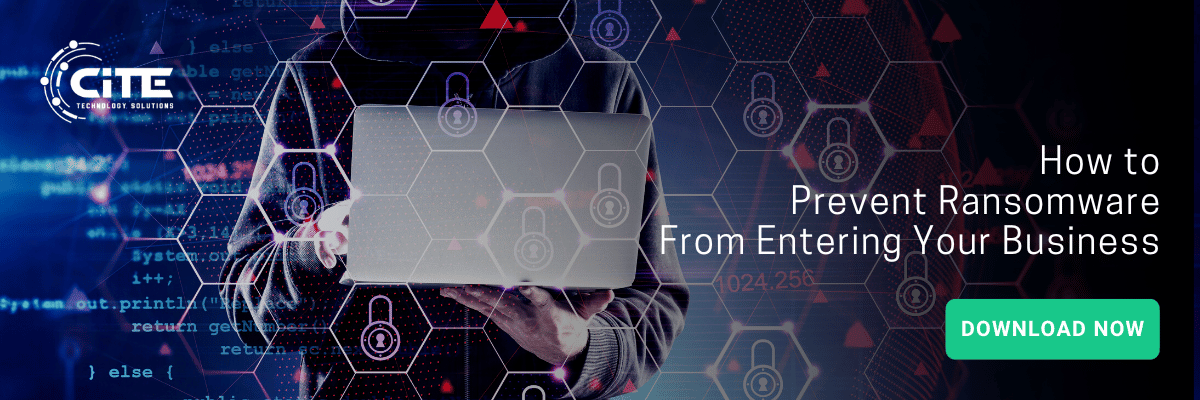
Protecting our nation's critical infrastructure is of utmost importance, which is why cybersecurity for SCADA systems is crucial. SCADA systems are responsible for managing and controlling various essential systems like water treatment plants and electricity grids. Therefore, it is imperative to ensure that these systems are safeguarded against cyberattacks.
The good news is that there are options available to enhance the cybersecurity of SCADA systems.
- What is SCADA?
- What is SCADA Cybersecurity?
- What is the Difference Between SCADA Cybersecurity and Traditional Security?
- What Are Some of the SCADA Network Security Threats?
- Peace-of-Mind Cybersecurity for SCADA Networks
What is SCADA?
SCADA, which stands for Supervisory Control and Data Acquisition, is a crucial technology used in various industries to monitor and control complex processes and systems. It serves as a centralized system that gathers real-time data from sensors, equipment, and machinery spread across a wide geographical area. SCADA systems then process this data and provide operators with a comprehensive view of the operations, allowing them to make informed decisions and take corrective actions when necessary.
These systems are employed in diverse sectors such as manufacturing, energy, water treatment, and transportation to streamline processes, improve efficiency, and enhance safety. SCADA systems offer features like remote control, data logging, alarming, and trend analysis, making them indispensable tools for modern industrial automation. By facilitating real-time visibility and control, SCADA plays a vital role in ensuring the reliability, security, and efficiency of critical infrastructure and industrial processes.
What is SCADA Cyber Security?
SCADA cybersecurity is the practice of engineering and protecting supervisory control and data acquisition (SCADA) networks.
Millions of people rely on these networks for automated control and remote human management of crucial commodities and services, including water, natural gas, electricity and transportation. They can also be used to streamline other processes in the real world that some might consider nonessential but are actually very important. SCADA is one of the most prevalent types of industrial control systems (ICS).
Any network - including SCADA - are under threat of crippling cyber-attacks that could take down the nation's infrastructure if precautions aren't put into place to protect your data. Another big worry is capital expenditure; a SCADA system could set an organization back anywhere from ten thousand to millions of dollars. Because of this, it's crucial that organizations establish secure SCADA measures to safeguard their infrastructure as well as the people who would be hugely impacted by any form of disruption caused externally or internally.
What is the Difference Between SCADA Cybersecurity and Traditional Security?
SCADA cybersecurity has improved a lot in the past few years. In the old days, the only way to keep an eye on what was happening in a SCADA system was to have people stationed at every location. This meant having technicians physically present at each station permanently to operate everything and communicate using telephone wires. (You can see a lot has changed with the advancement of phones and communication!)
Prior to the local area network (LAN) being created, we didn't see many advances in SCADA development. Once LANs were established and system miniaturization became more prevalent, we started seeing distributed SCADA networks emerge. Eventually, this led to networked systems that could communicate across wide area networks (WAN), thus connecting even more components together.
Though progress is necessary, it oftentimes comes with a price, as was the case for the SCADA network. Systems which used to rely on proprietary protocols that weren't particularly harmful have turned into internet protocol (IP) systems that are now vulnerable to all IP-related threats.
What Are Some of the SCADA Network Security Threats?
SCADA security threats are a vulnerability for any organization that works with SCADA systems, from local companies to federal governments. These threats can have serious consequences on both the economy and society at large. Some specific SCADA network vulnerabilities include:
Hackers
The potential impact of cyber-attacks on SCADA networks cannot be underestimated, as they have the power to cause severe disruptions in services and even lead to cyber warfare. With the ability to infiltrate essential components of a SCADA system, hackers hold the potential to unleash chaos and destruction upon an organization.
Malware
Malicious software, including viruses, spyware, and ransomware, poses a significant risk to SCADA systems. Even if the malware is not specifically designed to target the network, it can still pose a threat to the essential infrastructure that supports the management of the SCADA network. This includes mobile applications used for monitoring and control purposes, which are also vulnerable to these types of attacks.
Employees
Internal dangers caused by employees can be just as detrimental as external threats. Whether it's a simple mistake made by an employee or the disgruntled actions of a contractor, safeguarding SCADA systems must take these risks into account.
Peace-of-Mind Cybersecurity for SCADA Networks
Without the correct security measures in place, it can be very tough to manage a SCADA network today. A lot of networks still lack fundamental detection and monitoring systems which leave them open to attacks. Because SCADA network attacks target both cyber weaknesses and physical vulnerabilities, it is important to link up cybersecurity efforts accordingly.
From engineering to fabrication, manufacturing to automation, and even the likes of healthcare, ketamine, and IV therapy, there are no industries that can guarantee complete immunity from ransomware, AI generated voice overs, or other cybersecurity attacks, demonstrating that your company is proactive in preventing security breaches and data loss can yield numerous benefits. By addressing security threats and non-compliance risks, your business can enjoy enhanced protection and peace of mind.
As a managed IT service provider, Cite Technology can help you by proactively meeting all your cybersecurity and compliance needs today.
Related Articles:
Everything You Need to Know About Malware - Malware is no fun to deal with. Learn how to defend your devices against Malware software and the ways Cite Tech can help!
3 Types of Cyber Insurance You Will Need to Know About - Cyber insurance is designed to safeguard enterprises from the financial consequences of a cyber catastrophe that might jeopardize their future.
Don’t Fall for These 4 Cyber Insurance Myths - By busting these top 4 cyber insurance myths, you will be able to make more accurate decisions for your business in the event of a cyber incident.
About Cite Technology
.png?width=134&height=100&name=New%20Logo%20-%20Full%20Color%20(2).png) Cite Technology Solutions strives to provide the very best in IT solutions. We provide comprehensive IT solutions for small and mid-sized organizations with complex needs. Offering 24/7 Tech Support, Remote Support and Cloud Storage. We specialize in data management, cybersecurity, medical imaging, HL7 interfacing, and HIPAA compliance.
Cite Technology Solutions strives to provide the very best in IT solutions. We provide comprehensive IT solutions for small and mid-sized organizations with complex needs. Offering 24/7 Tech Support, Remote Support and Cloud Storage. We specialize in data management, cybersecurity, medical imaging, HL7 interfacing, and HIPAA compliance.






.png)

